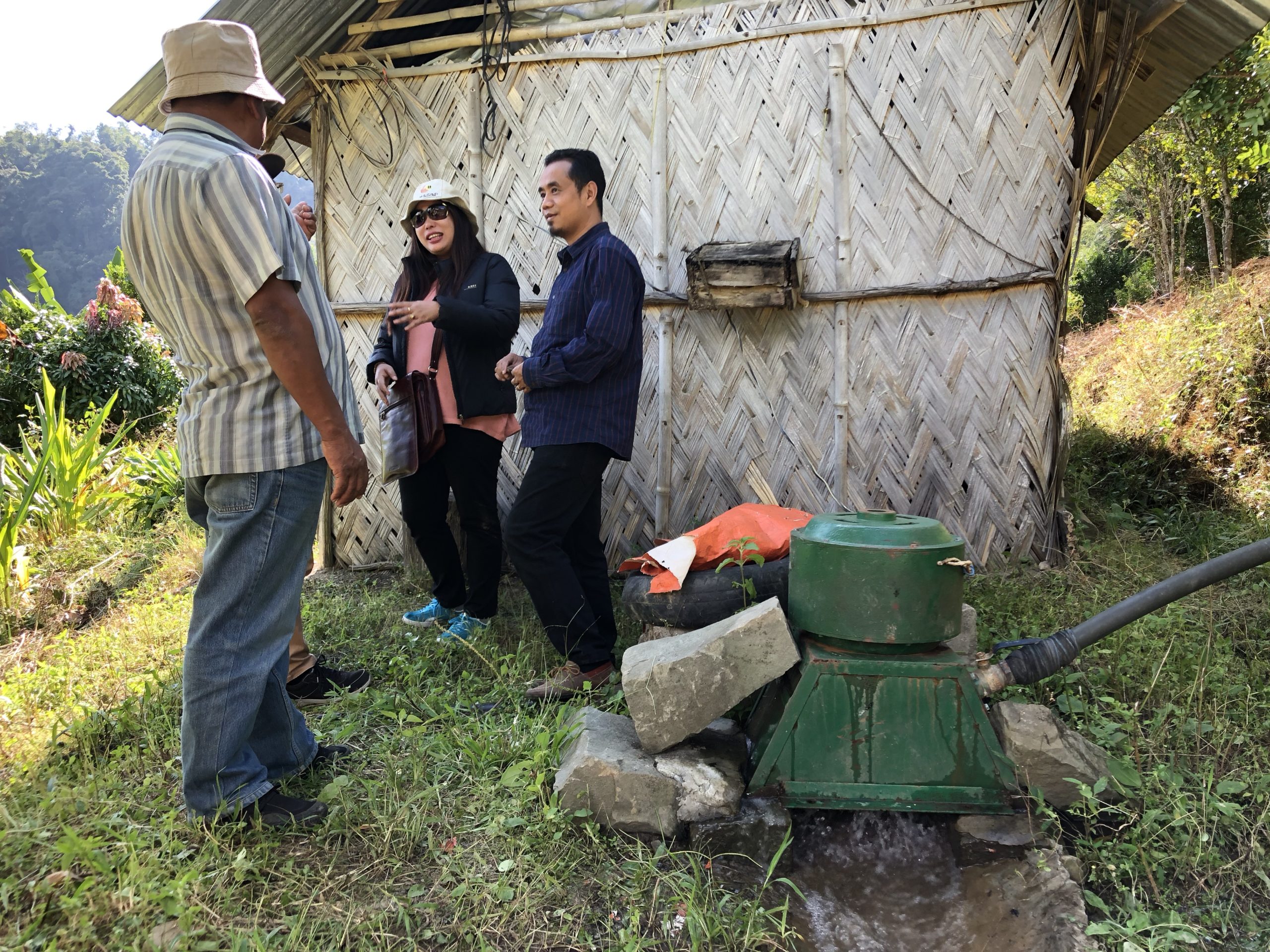By Nalori Chakma, South Asia Senior Programme Coordinator, Transboundary Rivers of South Asia
The brief on Sustainable Energy for all: making a case for community-scale micro-hydro as the solution (2021) highlights the importance of community-led energy systems, with focus on micro hydro. It gives detailed recommendations on micro hydro power and how communities can lead and participate in this energy system. It highlights successful case studies from Nepal, Pakistan and Northeast India.
Within Decentralised Renewable Energy solutions, community-scale hydropower is a cost-effective solution for energy access that has been proven across the globe. Innate characteristics of sustainable pico, micro, and mini hydropower (<1MW) projects (MHPs) allow for multiple socio-economic and environmental benefits. MHPs can produce economically viable, 24/7 reliable electricity at output capacities that are required for applications of productive end use, reducing drudgery, and feeding electricity into the main grid. Several components can be built locally, creating local skills-building and jobs. MHPs provide an added incentive for communities to strengthen the watershed that fuels their MHP.

This brief is inspired from the 2016, 2018 and 2019 exchanges that International Rivers facilitated. These exchanges created a space to engage both local practitioners (i.e. individuals and organizations who directly partner with MH communities) and multi-actors (i.e. stakeholders who can enable the work of practitioners) of the sector to share their progress and challenges to advance the community-scale hydro sector (< 1MW).
The most recent exchange was held virtually in collaboration with Hydro Empowerment Network from 21-22 September 2021: Advancing Community-Scale Hydropower for Climate and Economic Resilience, where the role of the communities was widely discussed along with the importance of building local capacity in the ground.

Energy policy frameworks and energy models lack the pathways for the critical issue of involving communities in energy planning and management for greater sustainability. There are significant risks and pitfalls of a narrow, top-down approach to energy access planning that does not include local people in the design and management of energy systems. People’s participation is critical in order to develop systems that are sustainable to manage and operate and that meet energy needs.
Featured Photo: Site visit to a micro-hydro system in Nagaland | Photo Credit: International Rivers
Sustainable Energy for all: making a case for community-scale micro-hydro as the solution
International Rivers’ South Asia program is part of the regional Transboundary Rivers of South Asia program. Supported by the Government of Sweden, TROSA is a collaboration with Oxfam, IUCN, ICIMOD and many local organizations that works on some of the more complex rivers in South and Southeast Asia: the Ganga, Brahmaputra and Meghna river systems, including their tributaries such as the Teesta, and Asia’s last last free flowing river, the Salween. The program aims to contribute to poverty reduction and marginalization among vulnerable river basin communities through increased access to and control over riverine water resources on which their livelihoods depend.

